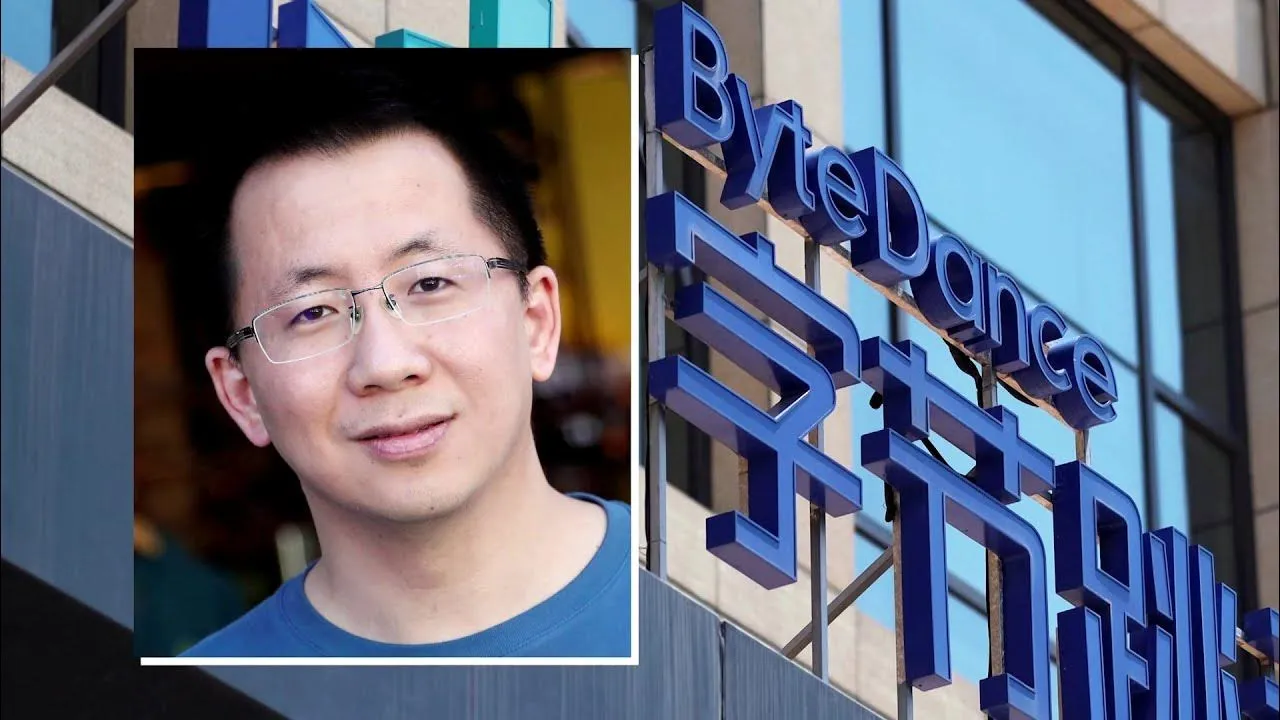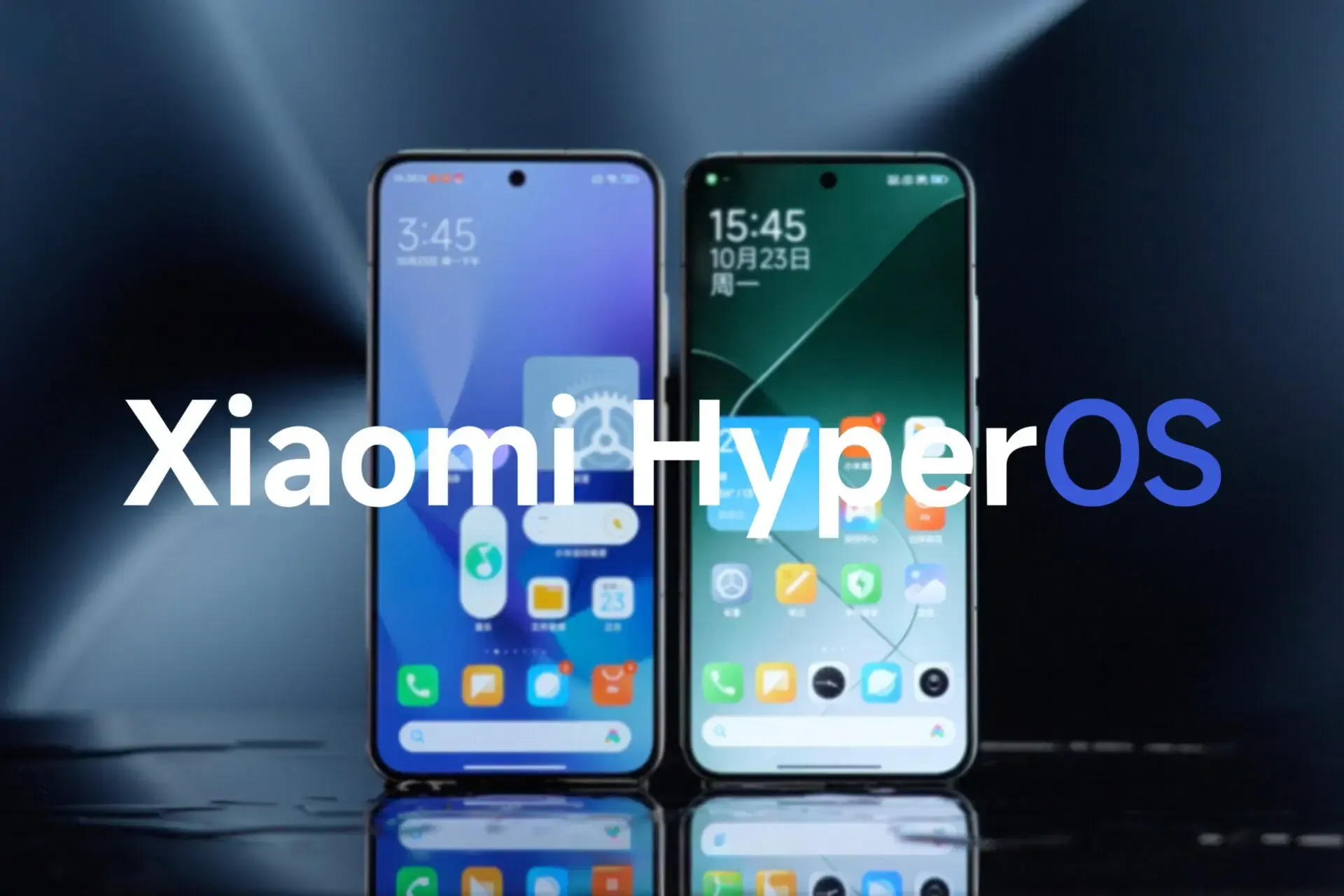Leadership Profile Zhang Yiming and the Global Rise of ByteDance
Introduction
Leadership profiles provide insight not only into individual executives but into the companies and industries they shape. Zhang Yiming, founder of ByteDance, exemplifies the intersection of Chinese entrepreneurial ambition, global innovation, and state oversight. His journey from a software engineer to the leader of one of the world’s most influential technology firms highlights how vision, timing, and adaptability drive success in China’s fast-moving tech sector. ByteDance’s global expansion through TikTok has made Zhang one of the most studied figures in international business, even after he stepped down from day-to-day leadership.

Early Career and Entrepreneurial Vision
Born in 1983 in Fujian province, Zhang studied software engineering at Nankai University. Archival records of his early career show stints at Microsoft and a series of domestic tech startups. He was known among colleagues for his technical precision and his interest in algorithms rather than marketing. This focus would later define ByteDance’s competitive edge.
In 2012, Zhang founded ByteDance with the vision of building an AI-driven content platform. At a time when most Chinese internet companies focused on e-commerce or social networking, Zhang identified a gap in content discovery. His idea was to use recommendation algorithms to personalize news and entertainment for each user, transforming consumption from search-driven to feed-driven.
ByteDance and the Algorithmic Advantage
ByteDance’s flagship app, Toutiao, launched in 2012 and became a success by delivering personalized news feeds. Archival interviews with Zhang reveal his insistence that “machines understand users better than editors,” reflecting his belief in data-driven personalization. Toutiao’s rise showed that algorithmic curation could dominate over human editorial judgment.
TikTok, launched internationally in 2017, applied the same principle to short-form video. By 2024, TikTok had over 1.5 billion monthly active users worldwide, making it one of the most downloaded apps globally. Analysts credit ByteDance’s algorithmic recommendation engine, which learns user preferences in minutes, as the company’s core differentiator.
Global Expansion and Controversy
ByteDance’s success abroad was unprecedented for a Chinese internet firm. While companies like Baidu and Tencent struggled to replicate domestic dominance globally, TikTok captured Western youth markets at scale. Zhang’s leadership style emphasized product excellence, rapid iteration, and cross-cultural adaptation.
However, expansion brought political scrutiny. Governments in the United States, India, and Europe raised concerns about data security and content regulation. Archival regulatory hearings in Washington, D.C., featured TikTok executives defending data practices and pledging transparency. In India, geopolitical tensions led to a ban on TikTok in 2020, cutting off one of its largest markets.
Zhang responded by restructuring ByteDance’s global operations, separating domestic apps like Douyin from TikTok’s international infrastructure. His decision to appoint non-Chinese executives to lead TikTok in Western markets demonstrated an adaptive approach to political challenges.
Leadership Style and Philosophy
Colleagues and archival interviews describe Zhang as an introverted but intensely focused leader. Unlike more flamboyant tech founders, he avoided public appearances and maintained a low profile. He emphasized flat organizational structures, encouraging teams to debate and iterate quickly.
Zhang’s philosophy centered on empowering algorithms rather than traditional hierarchies. He believed that product teams should rely on data and experimentation rather than managerial directives. This philosophy aligned with the company’s culture of rapid testing and innovation.
His decision to step down as CEO in 2021 surprised many, but Zhang explained that he wanted to focus on long-term strategy and research rather than daily management. His withdrawal reflects a broader trend in Chinese tech leadership, where regulatory pressures and personal preferences push founders into advisory roles.
ByteDance in the Regulatory Era
Under Zhang’s leadership, ByteDance grew during a period of relative regulatory openness. By the early 2020s, however, Chinese authorities began tightening oversight of data, content, and platform power. ByteDance was not exempt. New content guidelines required stricter moderation, while cybersecurity rules limited cross-border data flows.
Archival policy statements from the Cyberspace Administration of China emphasized the importance of guiding public opinion and protecting national security. ByteDance adapted by investing in compliance teams and aligning its domestic platforms with government directives. Zhang’s pragmatic approach ensured ByteDance could survive in a shifting regulatory environment.
Global Business Lessons
Zhang Yiming’s trajectory offers several lessons for global business. First, innovation often comes from identifying overlooked gaps. In an internet world dominated by search and social networking, Zhang saw the potential of algorithmic feeds. Second, global expansion requires adaptation not only to markets but to politics. ByteDance’s restructuring in response to scrutiny illustrates the need for flexibility in governance.
Finally, Zhang’s decision to step back highlights the pressures facing tech leaders in China. Success brings not only wealth and influence but also political responsibility. Navigating this landscape requires not just vision but careful alignment with state priorities.
Conclusion
Zhang Yiming’s leadership journey embodies the dualities of China’s tech sector: bold innovation alongside regulatory oversight, global ambition tempered by political constraints, and algorithmic efficiency balanced against societal responsibility. ByteDance’s global rise has made it a case study in how Chinese firms can succeed abroad, even in contested spaces. For global tech readers, Zhang’s story illustrates the strategic, cultural, and regulatory complexities of building a truly global technology company. His influence endures even after stepping back, as ByteDance continues to define the future of algorithmic content.





